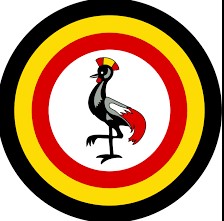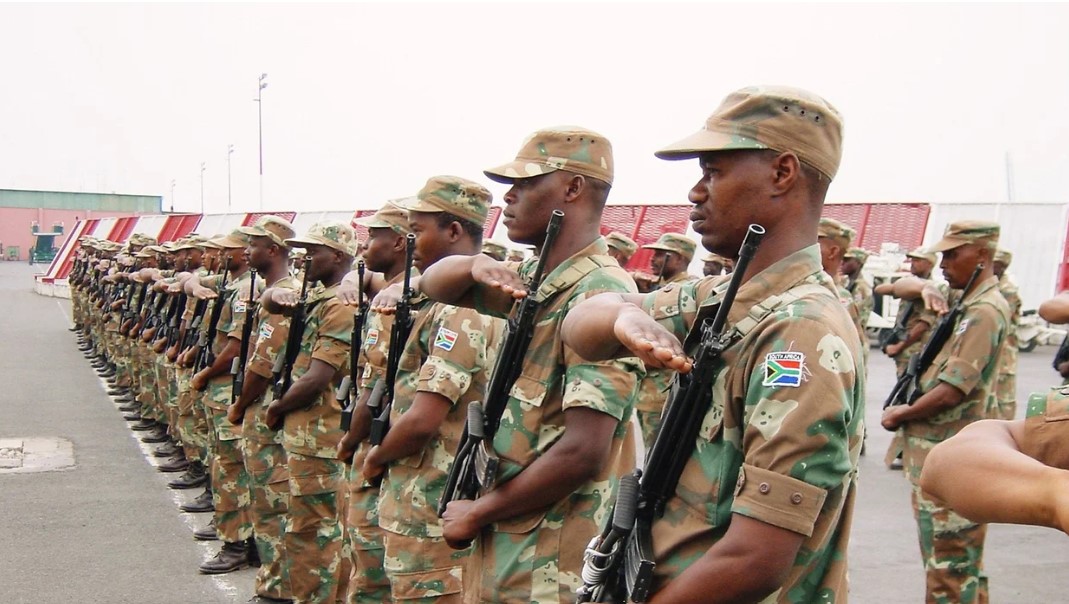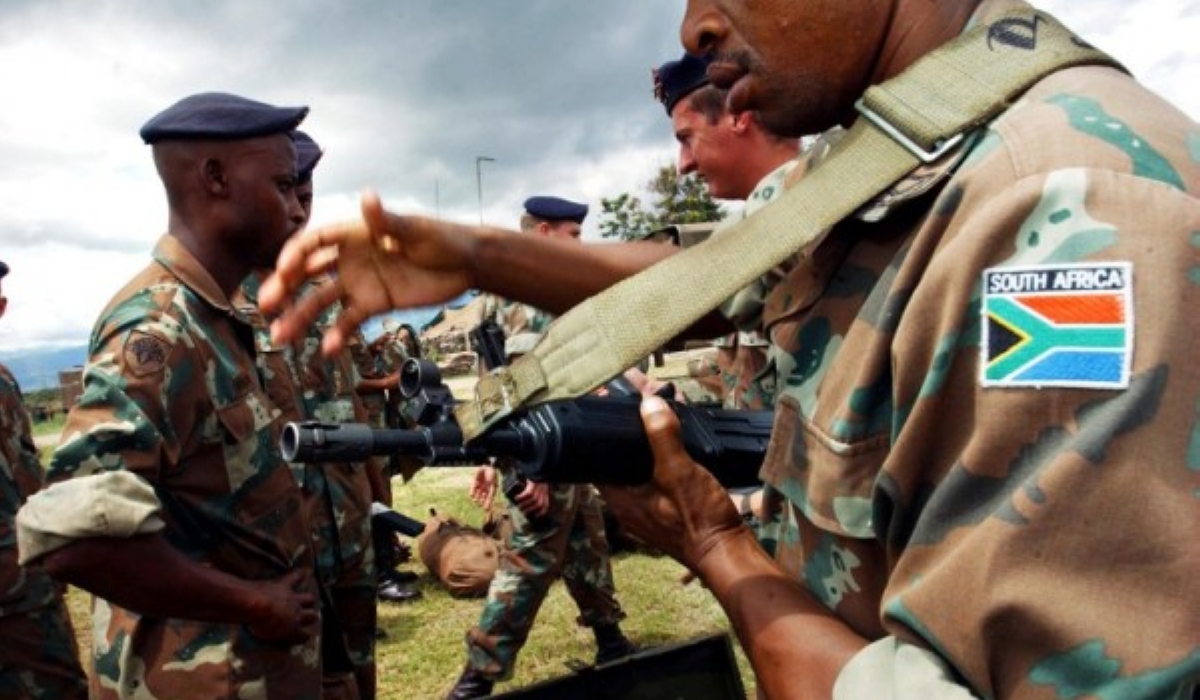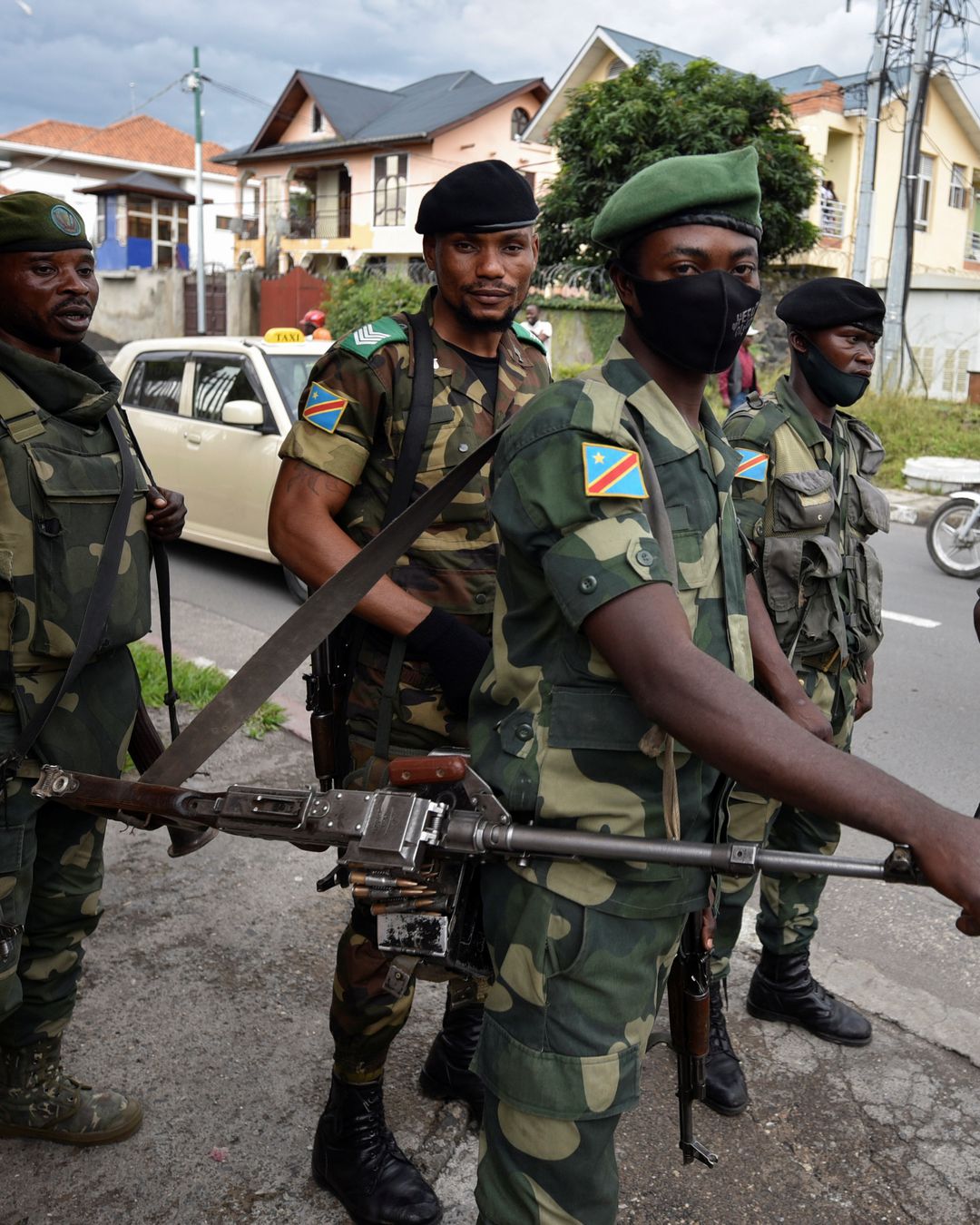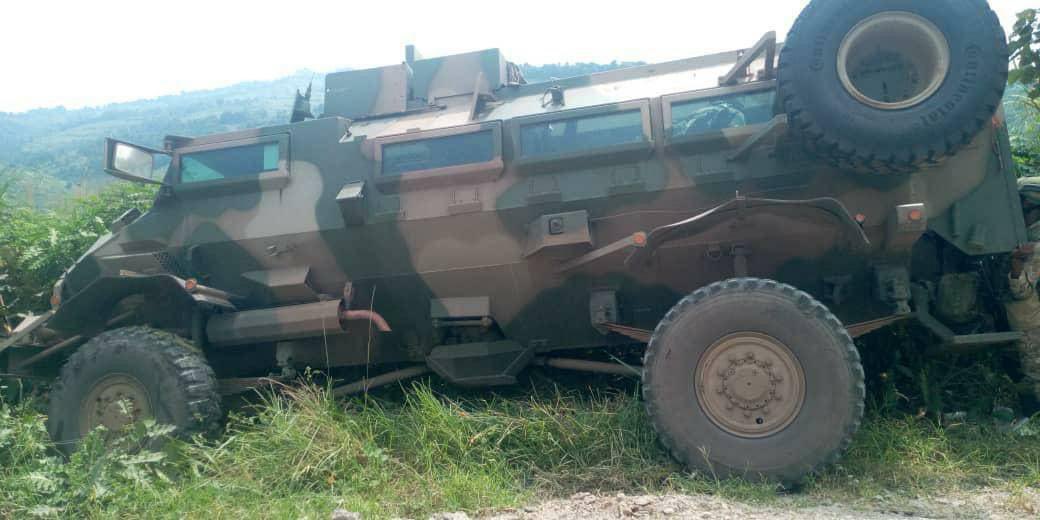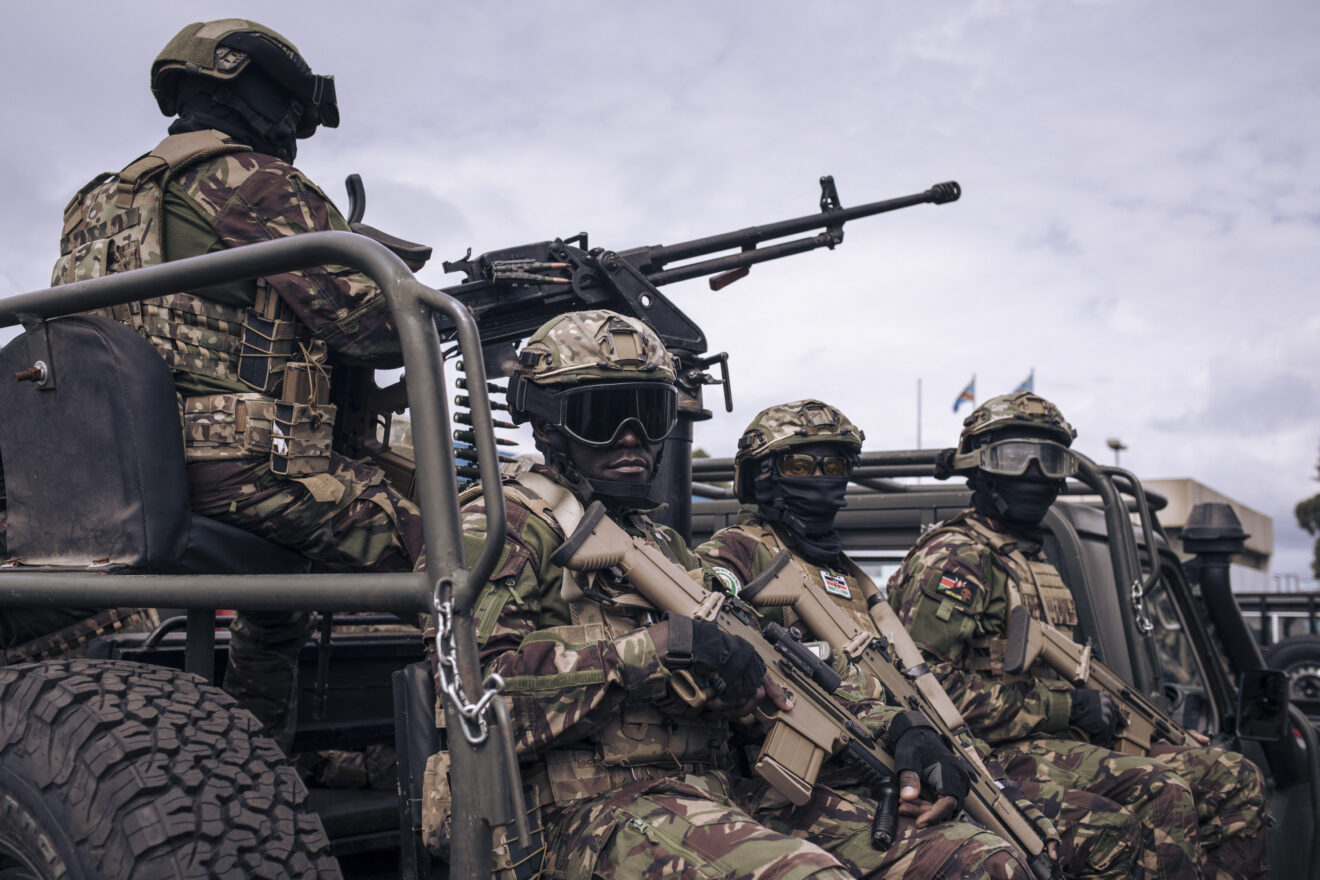Regional
DRC crisis: AU paradox worsens situation
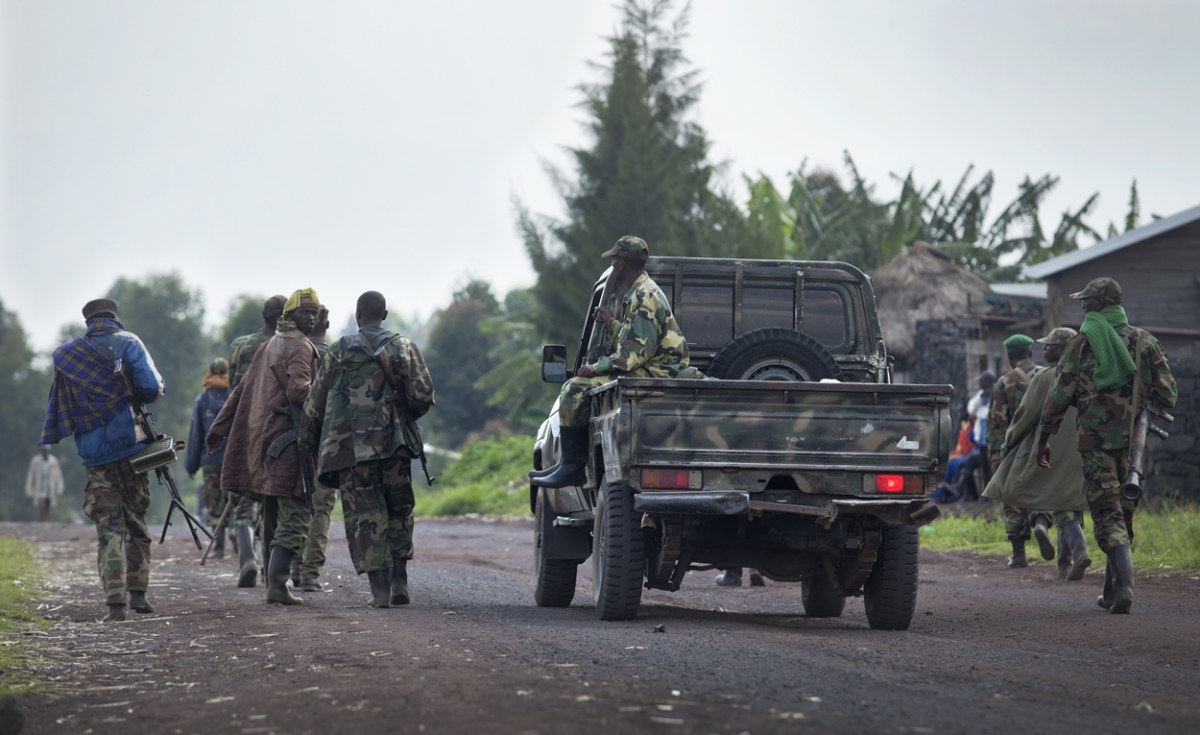
The African Union Peace and Security
Council endorsed the Southern African Development Community mission in the
Democratic Republic of Congo, SAMIDRC, and provided logistical support for its
offensive operations while advocating for a political solution to the security
crisis in eastern DRC.
SAMIDRC was deployed to DRC on
December 15, 2023.
SAMIDRC as an offensive force cannot
be a substitute for a political process that has been blocked by the government
of DRC.
The SADC bloc was clear when indicating that there mission in DRC was to
work with the Congolese armed forces to fight the M23 rebels. Peacekeeping was
not part of their deployment mission.
During the 42nd Ordinary Session of
the Executive Council of the AU on February 15, the council said it was banking
on regional peace efforts – the EAC-led Nairobi peace process and the Luanda
process – to resolve the security crisis in eastern DRC.
On February 21, the AU released a
statement highlighting the situation in DRC as a threat to regional peace and
security and advocated for immediate de-escalation and dialogue among the
nations involved.
The AU leadership called on the
leaders of DRC and Rwanda to engage in dialogue, supported by two African-led
mechanisms. These initiatives, spearheaded by Joao Lourenço, the President of
Angola, and Uhuru Kenyatta, the former President of Kenya, are designed to
foster a cooperative and brotherly resolution to political conflicts.
However, the AU pretends to support Luanda
and Nairobi peace talks, while at the same time funding SAMIDRC.
This stance shows the AU’s double
standards and adds no value in finding a solution to the DRC conflict.
Allowing SADC troops to use force
against M23 rebels, who are fighting against discrimination and an existential
threat of the Kinyarwanda-speaking Congolese community, is to condone an ethnic
cleansing agenda that has been going on where people are subjected to inhuman
torture, killing, cannibalism, lynching, hate speech, and other forms of
injustice.
To expect that the latest SADC
offensive will bring peace is self-deception. SAMIDRC will not address the root
causes of the conflict.
There is a need to address the root
causes of the deteriorating conflict. Kinshasa’s problems existed decades
before the M23 resurgence. The east of the Democratic Republic of Congo (DRC)
has been volatile for more than three decades.
Causes of the ongoing conflict in
eastern DRC include the country’s poor governance, corruption, and the failure
of the country’s political establishment to ensure security for the population.
However, too often, when regarding
the conflicts in the country, the international community and observers, like
to assume that they are dealing with conflicts orchestrated by DRC's neighbors,
who, it is always alleged, are backing rebel movements.
The M23 is a Congolese rebel group
that resurged in November 2021. This was after nearly a decade of silence
following their defeat in 2013. The rebels are far from being the cause of the
DRC conflict. They are fighting for a genuine cause; their rights to life and
establishment as any other Congolese citizens.
The rebel group is fighting for the
rights of its persecuted and disowned community to be recognized as legitimate
citizens with full rights as any other Congolese nationals.
The AU’s double standards only worsen
the situation in the east of DRC.


